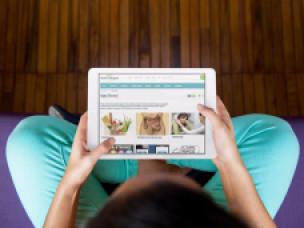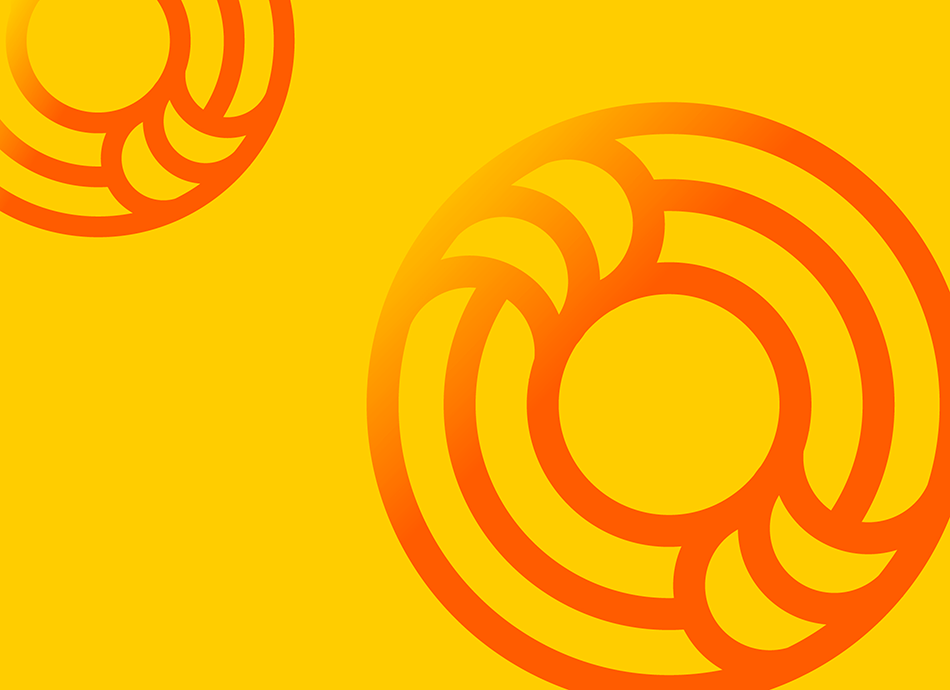What is a health app?
A health app is a piece of software designed to provide information, advice and feedback on health, fitness or wellbeing that you can download onto your smart phone or other mobile device.
Are health apps helpful?
Some health apps can improve your health and wellbeing by encouraging lifestyle changes like getting you moving or helping you eat better.
But beware! A poorly designed health app, or one that doesn’t apply to New Zealand situations, can be harmful. Some apps provide incorrect advice or unreliable measurements.
Are all health apps equal?
Not at all! There’s no legal requirement for health apps to meet specific criteria to ensure they are credible, reliable and secure. Also, the safety and effectiveness of some apps hasn’t been tested.
Are health apps reviewed?
A few organisations have attempted to review health apps to provide some guidance, but with the huge number of health apps constantly entering the market, and existing apps continuously upgraded, it’s impossible to keep up.
Why do I need the app?
Health apps are generally designed to fulfil one or more functions:
- Provide health information and advice.
- Track your personal health information, such as diet and physical activity.
- Perform calculations and analyses, such as calculating your risk of stroke or analysing an image of a skin lesion.
- Link to social media, e.g. sharing and comparing running times.
- Provide entertainment for health purposes, e.g. carbohydrate counting games for people with diabetes.
When deciding which app to use, it’s important to know why you’re wanting to use the app and which functions you’ll use the most. You can then compare different apps and work out which one is right for you.

Who is the app sponsored by?
Apps that are sponsored by a reputable, independent organisation, such as a respected patient group, medical school, university, non-profit healthcare organisation or government agency are more likely to be evidence based and trustworthy.
But it’s important to remember, even these may not have been thoroughly evaluated to see if they actually do what they claim to do.
And watch out for organisations or companies that may benefit from you using the app. There is the risk that the information they provide may be biased towards their products, such as a drug company that manufactures medications related to the app.
Where did the developers get their information from?
It’s important to check if the app mentions where it gets its information from. Many apps may claim to use valid sources, such as clinical guidelines, but if the information isn’t updated regularly or the guideline is out of date, the information may be wrong or misleading.
Can I trust the information?
It’s incredibly important not to make any decision about your condition, treatment or medications based on information from your app without consulting your doctor first.
Is the content and advice suitable for New Zealanders?
Some health apps aren’t suitable, or relevant, for New Zealanders as many are designed overseas and use different guidelines and recommendations.
One factor to be aware of is the different measurement systems countries use. In New Zealand we use the metric system, eg, kilograms and centimeters, but some countries use the imperial system, eg, pounds and inches. Some apps allow you to choose what measurements you use, but others don’t, which can make the app harder to understand.
New Zealand also uses a different measurement for reporting on blood tests such as glucose (sugar) or cholesterol levels from some other countries. The units of measurement aren’t identical and can’t easily be converted.
What about security and privacy?
If an app records data such as diet, exercise, your location or other health information, make sure you research how private the app is. This can be a challenge, so make sure you don’t share personal information. Sometimes this information can be used to target advertisements to you – or maybe even worse. Read more about security and privacy of health apps.
How reliable are user reviews?
Even though user reviews and ratings are helpful when comparing apps, most reviews are written when people start using the app rather than long-term users. This means they haven’t had time to fully assess the app and may leave out information important to you..
Learn more
The following links provide more detailed information points to consider when choosing a health app:
How to choose a good health app(external link) North Caroline Health Info
Choose Wisely: Selecting mobile health apps(external link) NMC Public Health Centre
The big problem with mobile health apps(external link) Medscape
Mobile health and fitness apps: What are the privacy risks?(external link) Privacy Rights Clearinghouse
Resources
Factsheet: health apps(external link) Royal Australian College of General Practitioners
Healthify Health Apps Factsheet [PDF, 162 KB] Healthify He Puna Waiora, NZ



